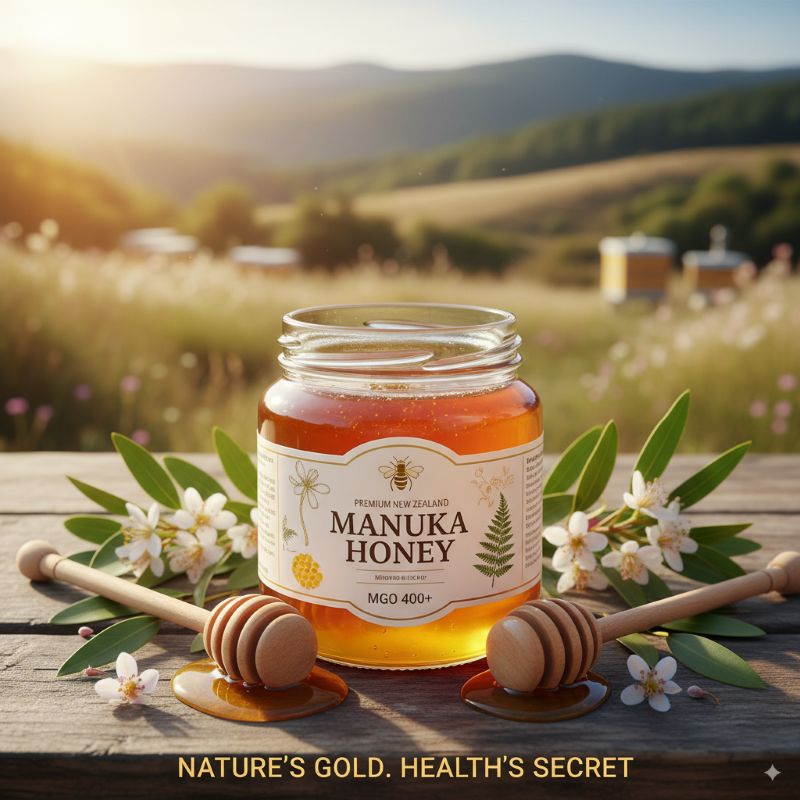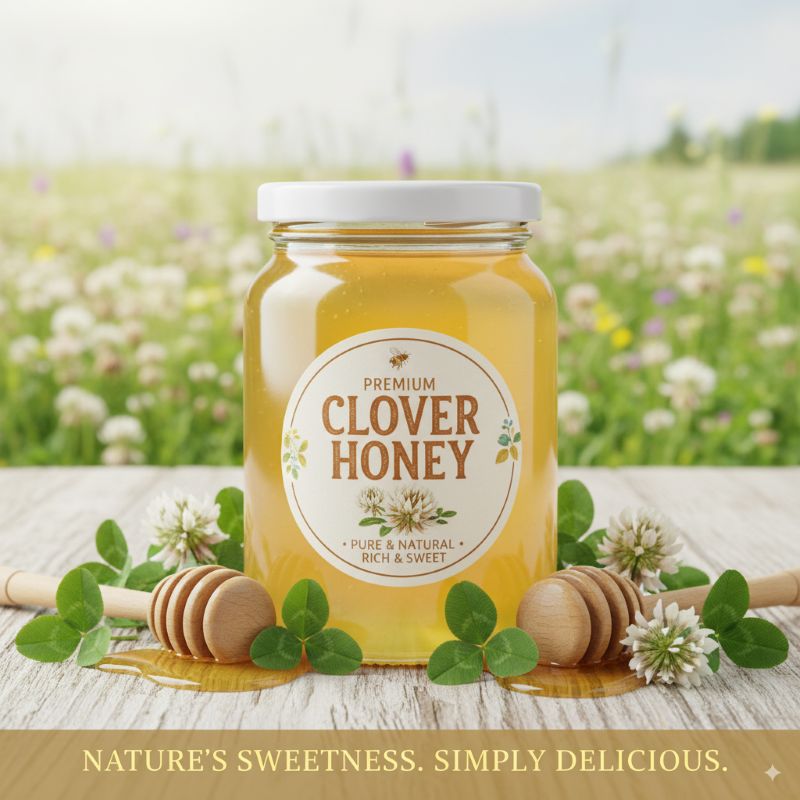The best types of honey vary depending on flavor, origin, and unique health benefits, but some stand out universally for their quality and distinctive properties. Popular favorites include Manuka honey, known for its potent antibacterial effects; Clover honey, prized for its mild sweetness; and Acacia honey, valued for its light, floral notes. Whether you’re seeking natural sweeteners, medicinal uses, or gourmet additions, these types of honey provide top-notch choices suited for every palate and purpose.
Introduction
Honey has been cherished for centuries, not just as a natural sweetener but also for its therapeutic qualities. With so many varieties available, finding the best type of honey can be overwhelming. Factors such as floral source, region, and processing methods contribute to honey’s flavor, color, and health benefits. In this guide, we explore the most sought-after types of honey, comparing their characteristics and helping you make informed choices whether for cuisine, skincare, or wellness.
Comparison Table: Popular Types of Honey
| Type of Honey | Flavor Profile | Color | Health Benefits | Best Uses |
|---|---|---|---|---|
| Manuka Honey | Earthy, slightly bitter with herbal notes | Dark amber | Strong antibacterial, wound healing, immune support | Medicinal uses, skincare, immune boosting |
| Clover Honey | Mild, sweet, and floral | Light golden | Rich in antioxidants, digestive aid | Everyday sweetener, baking, tea |
| Acacia Honey | Delicate, floral, fruity | Very light, almost transparent | Gentle antibacterial properties, low glycemic | Drizzling, salad dressings, desserts |
| Buckwheat Honey | Robust, malty, molasses-like | Dark brown | High in antioxidants, cough relief | Strong flavor dishes, marinades, remedies |
| Wildflower Honey | Varies; usually floral and slightly fruity | Gold to amber | Varied antioxidants, allergy relief | Smooth spread, general cooking, raw consumption |
Top Types of Honey and What Makes Them Special
1. Manuka Honey
Originating from New Zealand, Manuka honey is famous for its unique antibacterial compound called methylglyoxal. Its dark amber appearance and rich, earthy flavor distinguish it from other honeys. This honey is commonly used to treat wounds, soothe sore throats, and support gut health. The UMF (Unique Manuka Factor) rating helps identify its quality and potency.

2. Clover Honey
Clover honey is widely available and loved for its mild, sweet taste with floral notes. Typically light golden in color, it’s an excellent all-purpose honey that blends well in tea, toast, and baked goods. Rich in antioxidants, it supports general wellness and digestive health.

3. Acacia Honey
Acacia honey is pale and translucent, offering a smooth texture with a subtle floral flavor and fruity undertones. Its low glycemic index makes it a popular choice for those monitoring blood sugar. Acacia honey remains liquid longer than most varieties due to its high fructose content, making it great for drizzling and delicate recipes.
4. Buckwheat Honey
Dark and robust, buckwheat honey packs a powerful malty flavor that complements hearty dishes. It boasts a higher antioxidant level compared to lighter honeys and has been traditionally used for soothing coughs and boosting immunity.
5. Wildflower Honey
Wildflower honey is produced by bees that gather nectar from a variety of wildflowers, resulting in a complex flavor profile that varies by region and season. It is celebrated for its biodiversity and potential allergy-relieving properties, making it a versatile option for daily consumption.
Benefits of Choosing the Best Types of Honey
- Natural Sweetener: Offers a healthier alternative to refined sugars, with added nutrients and enzymes.
- Antioxidant Powerhouse: Many honey types contain high levels of antioxidants that help fight free radicals.
- Health Support: Certain honeys, like Manuka, provide antimicrobial properties that aid healing and immunity.
- Flavor Variety: Diverse flavor profiles allow you to enhance both sweet and savory dishes uniquely.
- Skincare Uses: Honey’s moisturizing and antibacterial qualities make it suitable for natural beauty remedies.
- Gut Health: Some types aid digestion and provide prebiotic benefits nurturing healthy gut bacteria.
Frequently Asked Questions (FAQs)
Q1: What makes Manuka honey different from regular honey?
Manuka honey contains a unique compound called methylglyoxal, which gives it strong antibacterial and healing properties not found in typical honey varieties.
Q2: Is raw honey better than processed honey?
Raw honey is less processed, retaining more natural enzymes, antioxidants, and nutrients, making it generally considered healthier than heavily processed honey.
Q3: Can different types of honey have health benefits?
Yes, while all honeys offer some antioxidants and nutrients, specific types like Manuka or Buckwheat have elevated levels of beneficial compounds relevant to health.
Q4: How should honey be stored to maintain quality?
Store honey in a cool, dry place away from direct sunlight, in a tightly sealed container to prevent moisture absorption and fermentation.
Summary
Choosing the best types of honey ( GOLDEN HONEY) depends on your taste preferences and intended uses-from the potent medicinal qualities of Manuka to the light sweetness of Acacia. This natural nectar not only enhances flavor but also delivers valuable health benefits, making it a versatile staple in kitchens worldwide. Experimenting with varied honey types can elevate your culinary creations and support overall wellness.



 Golden Honey 1000 G Offer
Golden Honey 1000 G Offer